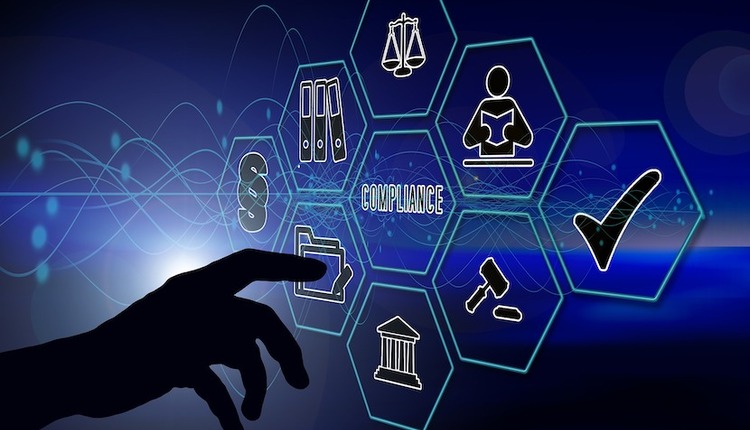If you, like many other Americans, have ever secretly perused your child's Facebook account or sneaked a look into your spouse's email account out of curiosity or—perish the thought—out of darker suspicions, then take this column as a grave warning. Believe it or not, you could end up in jail for such clandestine activity. Think it's a joke? Get this: Under a state law intended to prevent identity fraud, a Michigan man faces five years in prison for the dubious "crime" of reading his own wife's email.
By examining the email messages of his wife, Clara, a curious Leon Walker learned she was having an affair with her ex-husband—a man previously arrested for beating Clara in front of her own son. Worried about the boy's safety, and possibly that of his own daughter, Walker sent copies of the emails to the boy's father, Clara's first husband. The concerned dad soon initiated a custody battle over the boy. During the trial, he was forced into testifying that Walker had sent him the emails. Unfortunately for Leon Walker, the disclosure eventually led to his arrest under a Michigan law enacted for the purpose of prosecuting hackers who were stealing online identities.
Walker's soon-to-be ex-wife testified that her husband had invaded her email account using her private laptop and that she was the only one who knew the password. Leon Walker, on the other hand, said the laptop was a family computer and that Clara kept all of her passwords in a notebook next to the computer.
Clara, however, maintains there was never a notebook. She says Leon Walker got in by guessing her password, but Walker insists she had previously told him that her password was their son's name. If this were the case, a notebook would never have been needed; for even if he never knew the password, it would not take much brainpower to figure it out on the first or second guess.
Oakland County Prosecutor Jessica Cooper defends her decision to charge Leon Walker. "The guy is a hacker," Cooper said to the press. "It was password protected; he had wonderful skills and was highly trained. Then he downloaded [the emails] and used them in a very contentious way. We have [here] an IT specialist who hacks. What else is he gonna start hacking into? Particularly when he's a government computer expert."
Preventing today's hacker from becoming tomorrow's terrorist is not the issue, however. The legal question at the heart of the matter is whether and to what extent did Clara have a reasonable expectation of privacy. Indeed, when a husband and wife share a computer and the password to one of their email accounts is their son's name, it is not all that reasonable to expect that said email account is off-limits to the other spouse. Or, at the very least, it is unreasonable to expect that accessing it without explicit permission is a felony. In fact, if Clara thought the computer was not a family PC, she could have password-protected the entire laptop or set up individual user identities on it, each with its own password, which is the usual practice.
If Clara knew that her husband knew her password or if she had ever told him to access her account for any reason, it would legally imply that she had given tacit permission to Leon Walker to use her account. Furthermore, if the password was saved for automatic entry on the computer, she could have no expectation of privacy.
In the opinion of Frederick Lane, a Vermont lawyer and electronic privacy expert, the fact that the two still were living together, and that Leon Walker had routine access to the computer, might help him. "I would guess there is enough gray area to suggest that she could not have an absolute expectation of privacy," he said.
Other lawyers in Detroit opine that this application of the law is patently absurd. One said that if this case were applicable under Michigan's anti-hacking law, the state would also have to prosecute parents monitoring their children's Facebook accounts. With nearly half of US divorce cases involving some form of privacy invasion, such as the reading of text messages or social networking webpages, the case could have significant legal repercussions. Since it was initially prosecuted, the Michigan Supreme Court has refused to hear arguments for the case and referred the governing law back to the state legislature to fix up. The trial of Leon Walker will soon begin. This column will report and analyze future developments as they occur.
ARTHUR GINGRANDE is a partner of IMERGE Consulting in Lexington, MA and nationally recognized expert in ICR, forms processing and document automation. He is also a practicing attorney who specializes in electronic discovery, regulatory compliance and intellectual property law. For more information, visit www.imergeconsult.com or email gingrande@gmail.com.








